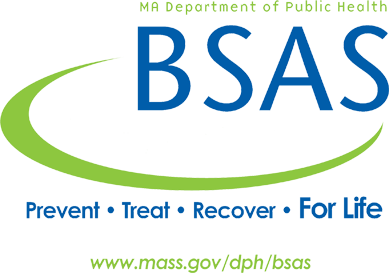Aneri Pattani’s NPR article addresses how ERs inadequately recognize and treat individuals with substance use disorders and Pattani discusses potential solutions that are being implemented in hospitals around the country to combat shortcomings in care. The article draws attention to the lack of screening, prescribing medication, and follow-up care for substance use when patients are treated in emergency departments. Pattani investigates methods implemented by North Carolina, California and New York to help better serve ER patients with SUDs while discussing the perceived efficacy of the strategies being used.
To read the full article, click here.





